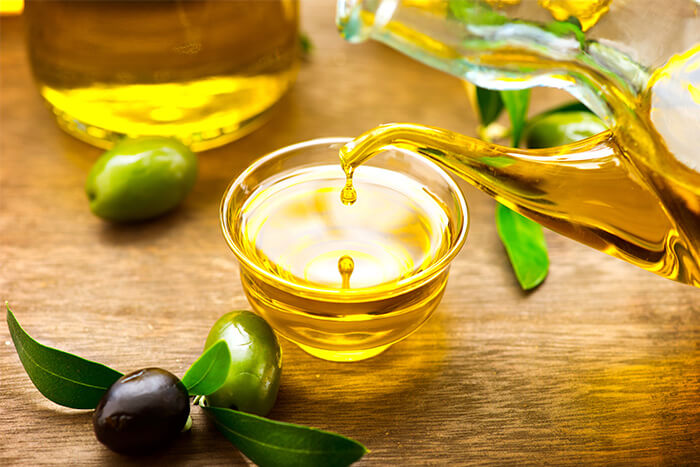This illegal practice is taking on worrying proportions, not least because of the high price of olive oil this season, with a liter often reaching consumers at 10 euros or more, a cost that is becoming prohibitive for people on lower incomes, leading many to try to make a profit by deceiving consumers.
During its inspection activities in the olive campaign that is now coming to an end, ASAE detected at least 11 cases of usurpation of the Azeite de Trás-os-Montes DOP trademark.
As this is a semi-public crime, the right of complaint was filed by the Association of Olive Growers of Trás-os-Montes and Alto Douro, the group that has managed the trademark since 1996, which filed 11 criminal complaints with the Public Prosecutor’s Office.
According to the head of AOTAD, Francisco Ribeiro, the cases detected by ASAE happened in the region of Trás-os-Montes, “but not only there. From the Center to the North. There is no doubt that there is a clear exploitation of the region, of the Protected Designation of Origin olive oil Trás-os-Montes, as well as geographical designations of places that, from the outset, the consumer can link to the production of quality olive oil. This ends up being an abuse and exploitation of consumer ignorance,” he says.
Francisco Ribeiro, who is also president of the Murça Olive Growers’ Agricultural Cooperative, explains that the olive oil was being sold as certified, using on the labels “names of towns in Trás-os-Montes such as Mirandela, Vila Flor, Valpaços or Murça” that people clearly identify as producing quality olive oil to make it easier to sell, but which didn’t meet the mandatory criteria. “Olive oil from Trás-os-Montes has a set of specifications and a series of procedures must be carried out for the oil to be certified. It must be made up of the typical varieties of the region, such as verdeal transmontana, madural, cobrançosa, cordovil and others and it has a set of constituents, namely fatty acids, which have to be met. It ends up being an olive oil that is much more rigorous and that has costs associated with it,” he says.
In some cases, adds Francisco Ribeiro, what was being sold wasn’t even olive oil: “It was cooking seasoning or cooking oil. Most of these abuses have to do with pomace oil, which has a much lower price than olive oil – five liters is around eight to nine euros – and then they’re sold at prices of 25 euros,” he says.
For this reason, the head of AOTAD urges consumers to be careful about what they buy. “They should buy extra virgin olive oil that is labeled, with an invoice and in establishments that are recognized for selling olive oil and food products,” advising them to avoid buying mainly on the Internet.
The scarcity of olive oil in Portugal and the steep rise in prices are leading to a greater risk of fraudulent practices in this sector, believes Francisco Ribeiro.
This year, there has been a 25% increase in olive production in Trás-os-Montes compared to last year, but the head of AOTAD assures us that this does not make up for the large losses in the previous campaign due to the drought.

